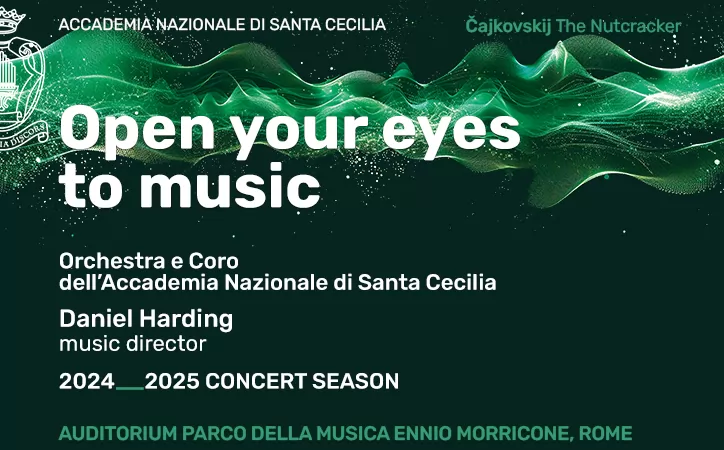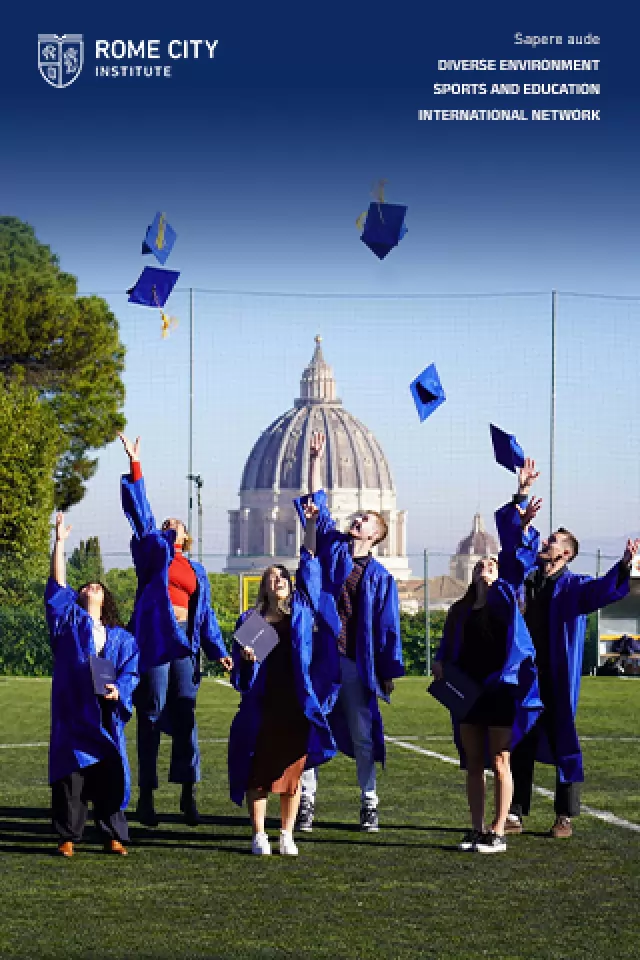Wanted in Rome interviews Mr. Isaac Driver, headmaster of St. Thomas’s International School in Viterbo.
Dear Mr. Driver, in your opinion, what is the biggest challenge facing educational institutions during this academic year?
Socially and emotionally educators must focus on the mental health and well-being of the students and families. Logistically, intermittent quarantines for teachers and students could cause inconsistent learning and teaching. Academically, it is a challenge to sustain socially constructivist pedagogy where interaction and communication through collaboration is essential. However, these challenges will always spawn new ideas and skills. Collaborative communication with parents will remain absolutely critical to the success of learning and teaching.
Could you give us some insights on the international community in Viterbo and the surrounding area?
There are many expats north of Rome around Viterbo, Montefiscone, Orvieto, Orte, Amelia and Terni. There are also many international families with vacation homes in the area. Recently, I have had conversations with parents living in metropolitan cities across Europe who now have greater opportunities to work remotely and would like to live in a more natural environment. Consequently, they are seeking to move to more rural areas such as Viterbo and would like an international education for their children.
Along with international students do you also host Italian pupils, and what are the percentages?
In the past, international schools across the world were predominantly created to provide a consistent curriculum for transient international families. However, many schools around the world now seek internationalism not just through their demographics but through their internationally-minded local to global curriculum. School community diversity doesn't automatically create an internationally-minded school and ultimately it is internationally-minded young people that is the biggest aim for all international schools.
Due to the COVID-19 pandemic, there has been an increase in people moving from big cities to smaller centres in the countryside. Have you seen an increase in enrollments?
I can’t substantiate a claim that people are leaving the cities but I have met and heard of people moving away from big cities and into the countryside.
The difficult experiences that people endured during strict city lockdowns and also because companies are more open to employees working remotely appear to be major reasons for this potential trend.
Viterbo also hosts a fast-growing Italian university, l’Università della Tuscia. Do you have any shared programs with the university and if not do you have plans to develop such initiatives?
We seek to continue to provide and improve upon a rigorous academic and holistic programme that is internationally-minded, conceptual, inquiry-driven and skills based.
We will be applying for candidacy to become the first school serving northern Lazio as well as southern Tuscany and Umbria that is authorised to deliver the International Baccalaureate Primary Years Programme for children from 3 - 11 years old.
As part of this application we will be strengthening our professional relationship with our prestigious sister school in Rome, Ambrit International School. We will also always be seeking partnerships with other educational communities both locally and globally.
On a personal note, what are, in your opinion, the advantages and drawbacks of living in a small community compared to larger urban areas, such as Rome?
I lived in Prati from 2005 to 2007 and I love Rome. It is vibrant, tasty, and historic. It stimulates all the senses and a spectrum of positive and negative emotions. I have visited Rome every year since I left because I have a house in Umbria.
I have lived in small, medium and huge metropolitan areas such as London, Manchester, Dusseldorf, Osaka and Singapore. In the area of Viterbo there is great all the things you expect such as great natural beauty with the lakes and countryside, proximity to the coastline, medieval cities and Italian culture.
What I notice now is that the standard of accommodation and restaurant food has improved more and is now more aligned with what cities offer. For me, it feels healthier to live in a more rural area but regularly spending quality time and money visiting the shops, restaurants, bars, museums, churches, theatres and parks of Rome which is easy to do by.
General Info
View on Map
An interview with Isaac Driver, headmaster at St. Thomas’s International School in Viterbo
St. Thomas's International School, Via San Giovanni Decollato, Viterbo, VT, Italy


















